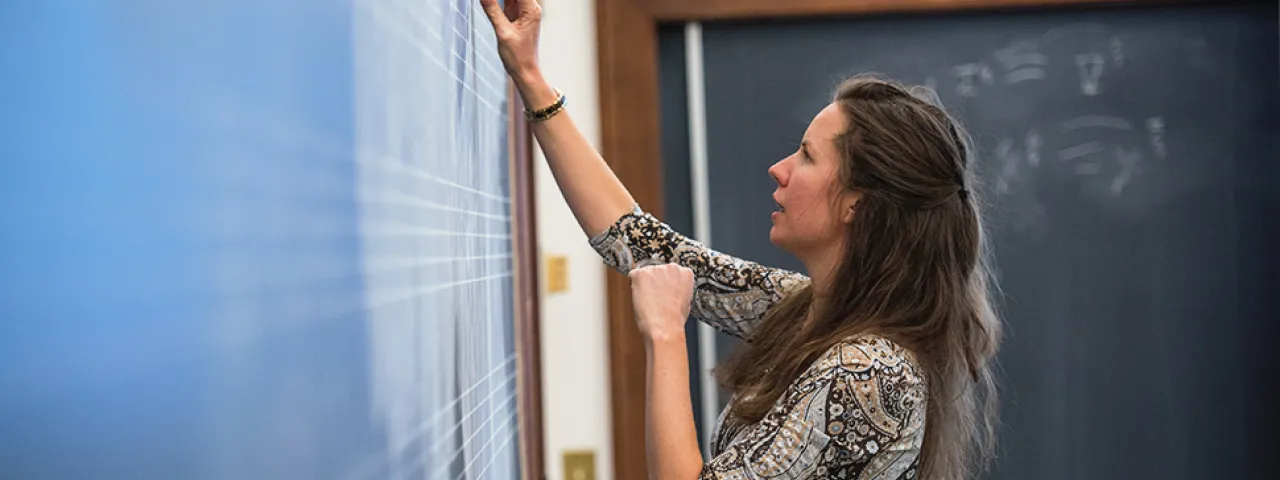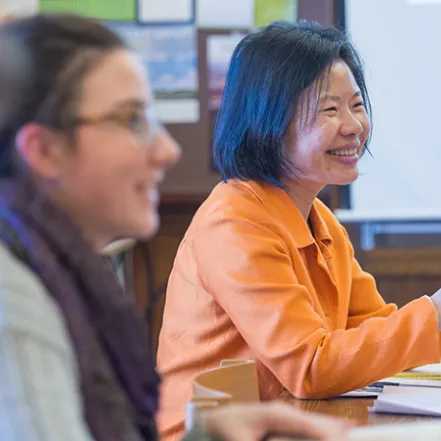In 2015, the members of the advisory board of the Sherrerd Center decided to be more intentional than usual regarding our programming for 2016–18. We surveyed attendees at Teaching Arts Luncheons, talked with other members of the Smith community and conducted an online survey to collect suggestions for future topics. Ultimately, we decided to focus on creating inclusive learning environments after receiving a large number of requests for programming on that topic. Hence, we have selected Teaching Arts Luncheon topics and invited guest speakers like Kelly Mack and Beverly Daniel Tatum to promote this aim. From the start, however, we understood that the word “inclusive” was in danger of becoming meaningless, so we have been drafting and revising the following statement in the attempt to clarify our intent. We welcome suggestions for revision.
During 2016–18, the Sherrerd Center will focus on enhancing our abilities to create and sustain effective and inclusive learning environments, regardless of whether course content areas directly engage with controversial topics. An inclusive learning community—as opposed to simply a diverse one—is one in which everyone's voice is equally encouraged and welcomed. But this kind of community is what inclusion is all about. There are no formulae for achieving this. Hence, we will pay special attention to fostering conversations, workshops and other programming about how to create inclusive learning communities.
What can professors convey through their course planning, choice of materials, classroom practice and assessment to make deep learning accessible to all students? What must professors themselves need to learn so that they can best teach an ever more diverse student body? How can innovative pedagogies promote communities of reflective and creative learners capable of working, playing and solving the world’s problems together?
We do this work in the context of global and local challenges—some tragic and some mundane—that both threaten inclusiveness and make the creation of inclusive learning environments increasingly important. Some of these challenges seize the attention of the world, while others are felt privately. Instead of simply reacting to each challenge, our programs and collaborations seek to increase our communal preparedness, our individual empathy and our institutional commitment to inclusive teaching.

